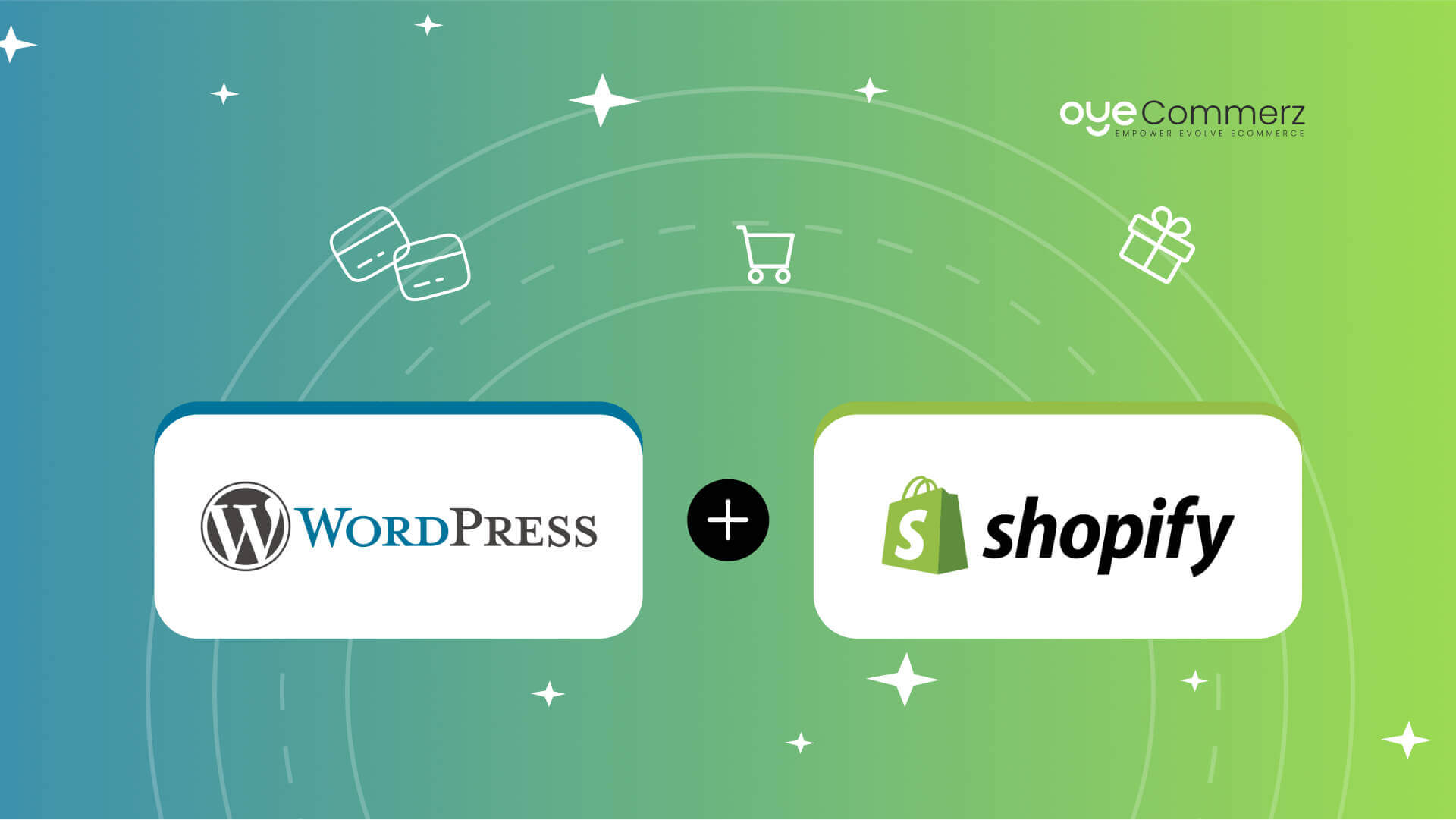In the constantly changing world of digital commerce, selecting the best platform is vital for your business's prosperity. If you’re at the moment using WordPress and considering a migration to an alternative, you’re not by yourself. Many businesses are making this transition to utilize Shopify’s robust tools, simplicity, and expandability. This guide will take you through the process of migrating from WP to Shopify effortlessly, ensuring that you unlock your eCommerce potential.
Why Switch from WP to Shopify?
Ahead of starting the migration process, it’s crucial to realize why this change can be helpful for your eCommerce business:
Accessible Tools: Shopify offers an intuitive interface that streamlines store handling, making it easier for non-technical users.
Scalability: As your business expands, Shopify can handle increased traffic and sales without affecting efficiency.
Integrated Features: Shopify comes with integrated features for search engine optimization, analytics, payment handling, and more, minimizing the requirement for numerous plugins.
Advanced Safeguards: With Shopify, you benefit from robust security features that protect confidential customer details.
Steps for a Seamless Migration
Migrating your online store from WP to Shopify involves multiple actions.
Here’s how to facilitate a smooth transition:
Plan Your Migration Strategy
Kick-off by drafting your migration plan. Pinpoint which components of your present site you plan to migrate, such as:
Item details
Customer information
Purchase logs
Posts
Choose the Best Migration Solution
Considering your preferences, select a migration plan that fits your eCommerce goals. Professional services provides several plans:
Entry-Level Plan: Suitable for compact stores with fewer products.
Mid-Tier Plan: Appropriate for growing businesses with moderate requirements.
Premium Migration Package: Best for big stores needing extensive customization.
Secure Your Content
Before starting the migration, ensure that you have a complete copy of your WP site. This action is essential in the event anything goes wrong during the move.
Extract Your Content from WP
Use plugins or custom scripts to export critical content from your WordPress site:
Products
Clients
Orders
Blog posts
Upload Content into Shopify
After you have your data extracted, utilize Shopify’s built-in features or specialized apps to upload your information into your new store. Verify that all content is accurately structured and placed.
Adapt Your Shopify Platform
Once importing information, adjust your Shopify site’s theme to align with your style. Think about engaging a designer if you require advanced customization.
Set Up Checkout Systems and Delivery Settings
Configure billing solutions and shipping settings in Shopify to facilitate a smooth purchase experience for customers.
Adopt Search Engine Optimization Best Practices
To preserve your online visibility during the change:
Set up 301 URL mappings from existing URLs to migrated ones.
Update descriptions.
Optimize visual content and text for SEO.
Test Your New Platform
Ahead of going live, thoroughly review your migrated site. Look out for any errors, checkout failures, or missing data.
Launch Your Store
When everything is in order, it’s the opportunity to go live! Inform the change to your clients and encourage them to explore the updated capabilities of your Shopify store.
Post-Migration Support
Following publishing your new store, continued support is important. Consider engaging professionals who can guide with:
Site maintenance
Customer engagement
Improvement strategies
Conclusion
Migrating from WordPress to this platform can be a crucial WordPress to Shopify with OyeCommerz move for your digital business. By following this guide and Shopify image optimization utilizing experts like those offered by dedicated providers, you can ensure a seamless transition that boosts your digital storefront. Adapt to the opportunity and unlock the potential of Shopify today!

 Bradley Pierce Then & Now!
Bradley Pierce Then & Now! Val Kilmer Then & Now!
Val Kilmer Then & Now! Michelle Trachtenberg Then & Now!
Michelle Trachtenberg Then & Now! Batista Then & Now!
Batista Then & Now! Ryan Phillippe Then & Now!
Ryan Phillippe Then & Now!